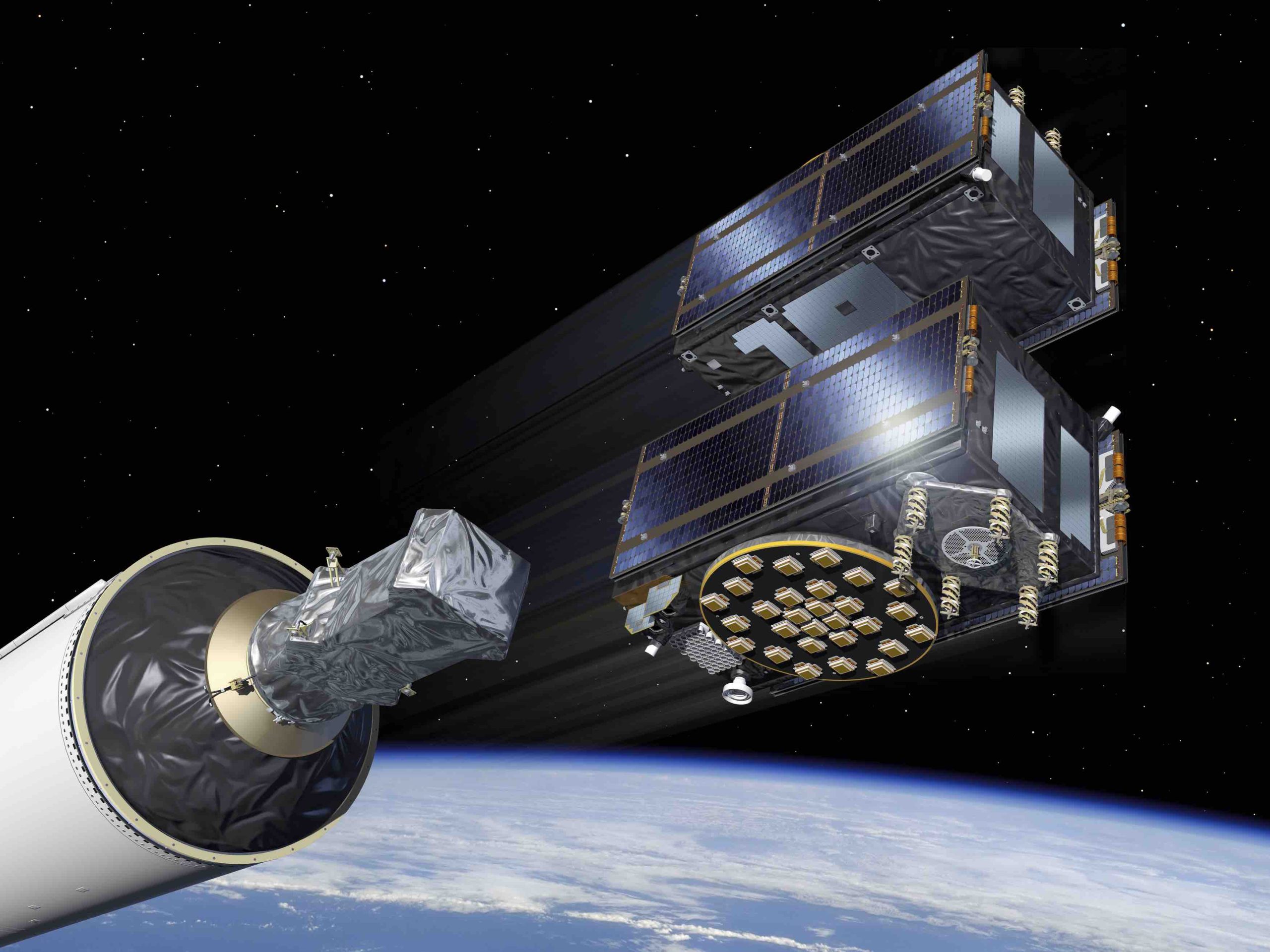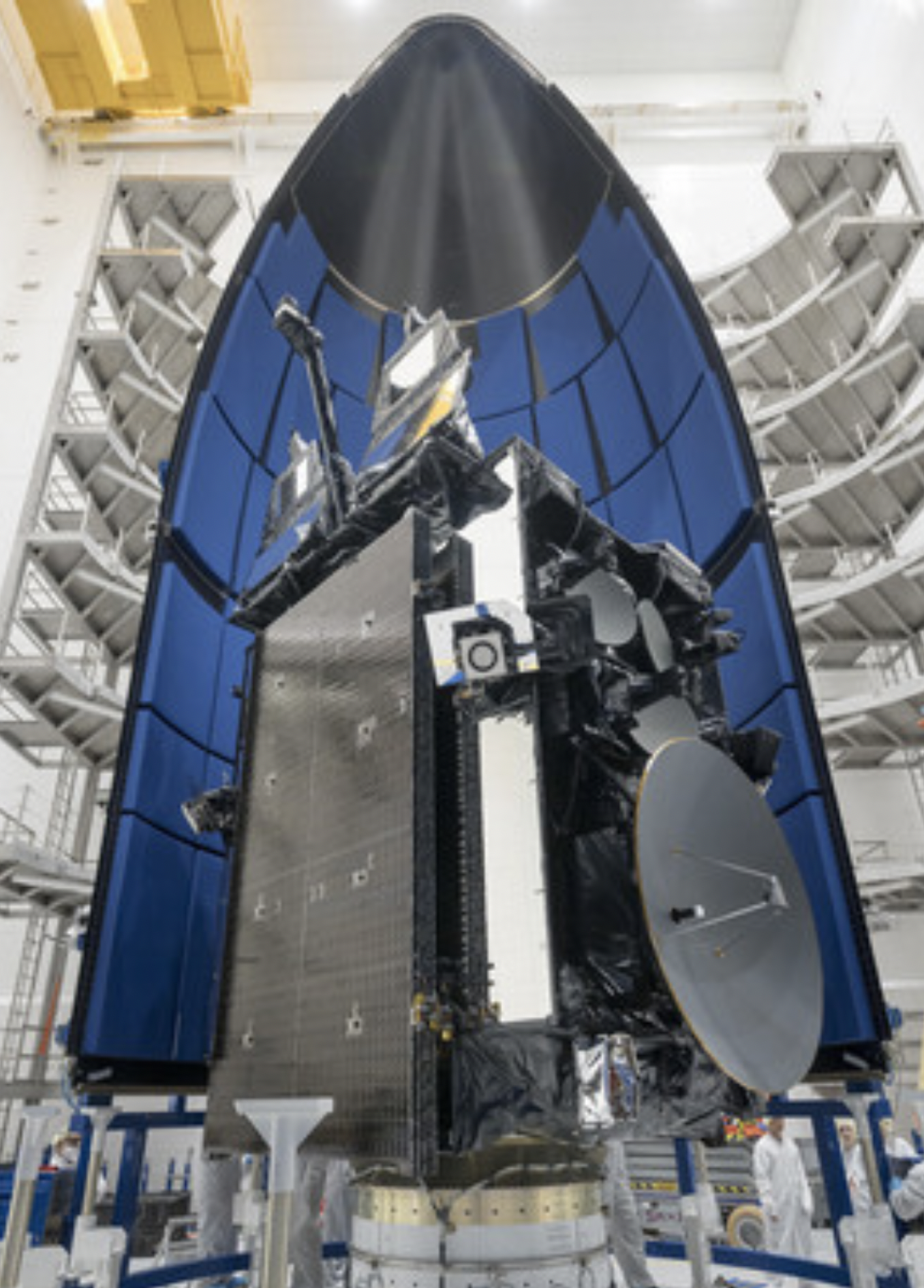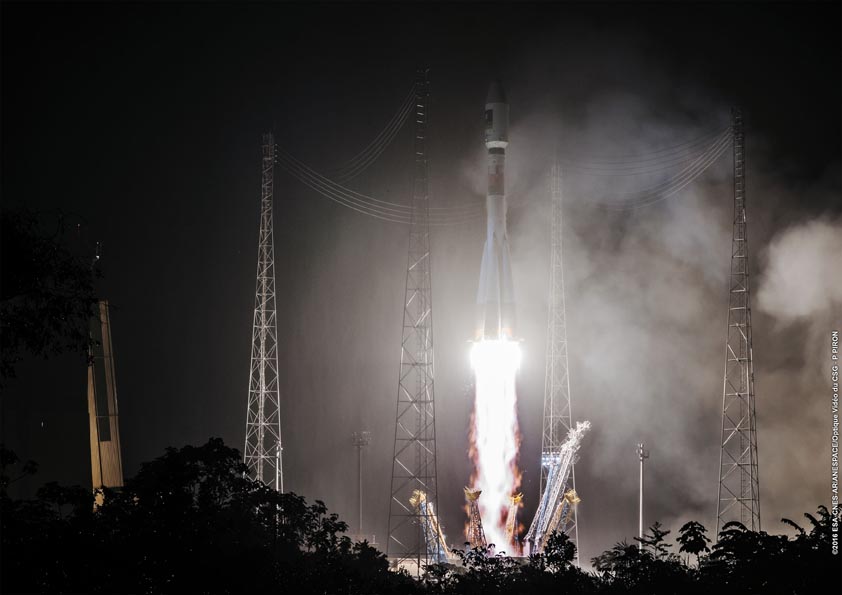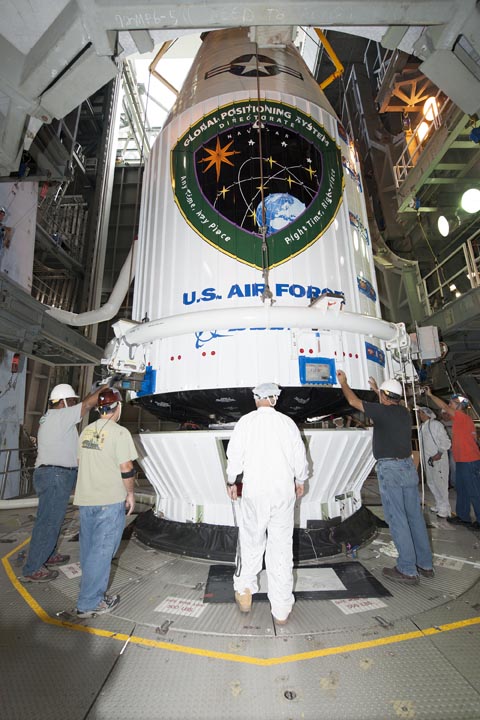Three months after their launch from Cape Canaveral Florida by SpaceX, Galileo satellites 29 and 30 are fully operational at their target positions. The two new satellites are active and providing navigation signals to users, increasing the accuracy of the system and guaranteeing the availability and robustness of Galileo signals.
Both satellites have been deployed on the same orbital plane, one of the three that make up the Galileo constellation. Now two of the three Galileo orbital planes are fully populated, bringing the constellation one launch away from completion. The next Galileo launch is planned in the coming weeks from the Kennedy Space Center in Florida on board a SpaceX Falcon 9.
Early operations were executed by the Galileo Service Operator, supported by a team of around 30 satellite experts from ESA and satellite manufacturer OHB on site at the Galileo Control Centre in Oberpfaffenhofen, Germany, under the responsibility of EUSPA.
On 21 August, ESA, OHB and payload manufacturer SSTL assessed the in-orbit test results and concluded that the satellites had not suffered any degradation during launch. ESA, in collaboration with EUSPA, validated the satellites’ performance at system level.






